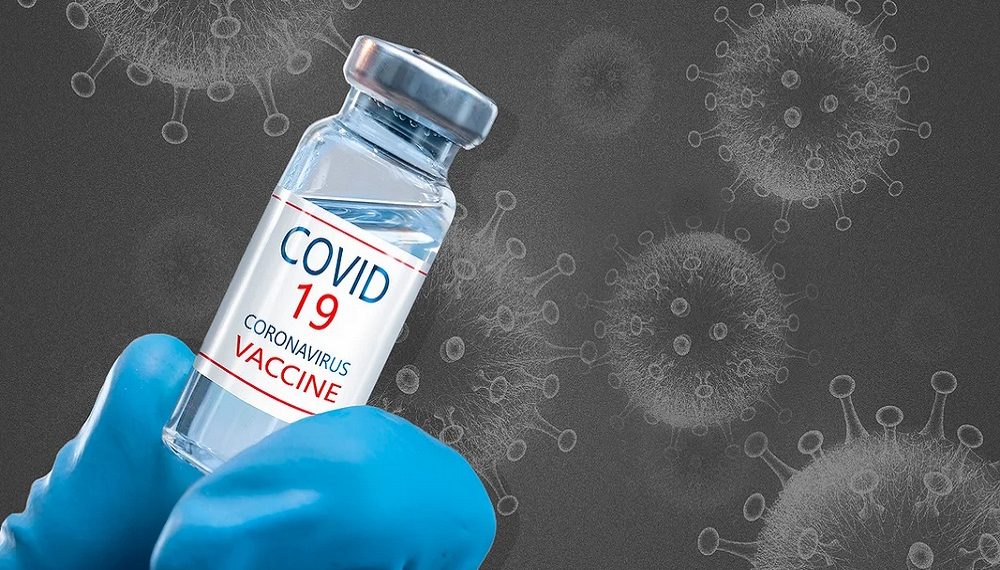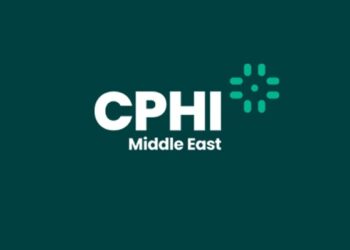GlaxoSmithKline plc and Vir Biotechnology, Inc. announced they have signed a Joint Procurement Agreement with the European Commission to supply up to 220,000 doses of sotrovimab, an investigational single dose SARS-CoV-2 monoclonal antibody for the treatment of adults and adolescents (aged 12 years and over and weighing at least 40 kg) with COVID-19 who do not require oxygen supplementation and who are at risk of progressing to severe COVID-19. The Joint Procurement Agreement enables participating European Union (EU) Member States to quickly purchase sotrovimab, following local emergency authorization or authorization at the EU level, to treat high-risk patients with COVID-19 who may benefit from early treatment with sotrovimab.
This action follows the positive scientific opinion issued by the European Medicines Agency’s (EMA) Committee for Medicinal Products for Human Use (CHMP), under Article 5(3) of Regulation 726/2004, which can be considered by the national authorities in EU Member States when taking evidence-based decisions on the early use of the medicine prior to marketing authorization. Sotrovimab is included in the European Commission’s portfolio of promising candidate therapies as part of its COVID-19 Therapeutics Strategy. In addition, the documentation to support the forthcoming marketing authorization application for sotrovimab is under rolling regulatory review with the EMA. In June, the companies announced confirmatory full results for the Phase 3 COMET-ICE trial, which resulted in a 79% reduction (adjusted relative risk reduction) (p<0.001) in hospitalizations for more than 24 hours or death due to any cause by Day 29 compared to placebo, meeting the primary endpoint of the trial.
George Katzourakis, senior vice president, Europe, GSK said: “This agreement with the European Commission represents a crucial step forward for treating cases of COVID-19 in participating EU Member States, as it enables access to sotrovimab for high-risk patients who have contracted the virus. As the COVID-19 landscape continues to evolve and we meet new challenges – such as the Delta variant spreading across the globe – there remains an urgent need for treatment options to help those who do get sick to potentially avoid hospitalization or death.”
George Scangos, Ph.D., chief executive officer of Vir, said: “It remains abundantly clear that additional treatment options are needed to fully address the toll of this pandemic. This agreement recognizes that monoclonal antibody treatments for those who become infected are essential, and we are pleased that European healthcare providers and their patients now have access to sotrovimab. Notably, the fact that sotrovimab was designed from the beginning to maintain activity against the evolution of this virus and has demonstrated, in vitro, its ability to maintain activity against the tested circulating variants of concern and interest, including Delta and Lambda, underscore its critical role in the fight against COVID-19.”
Recognizing the acute urgency of patient need across the world, the companies are engaging with governments and procurement bodies to make sotrovimab available to support the pandemic response. GSK and Vir have secured supply agreements with multiple governments around the world and will continue those efforts as the pandemic continues to evolve. In May 2021, sotrovimab was granted Emergency Use Authorization (EUA) by the U.S. Food and Drug Administration (FDA) for the treatment of mild-to-moderate COVID-19 in high-risk patients. GSK and Vir have announced plans to submit a Biologics License Application (BLA) to the U.S. FDA in the second half of 2021. Sotrovimab has also been authorized for emergency use in Bahrain, Kuwait, Qatar, Singapore and United Arab Emirates.
GSK and Vir are committed to ongoing evaluation of sotrovimab as the COVID-19 landscape continues to evolve at different rates across the globe and new variants of concern and interest emerge. Updated in vitro data, published in bioRxiv, demonstrate that sotrovimab retains activity against currently circulating variants of concern and interest of the SARS-CoV-2 virus including Alpha (B.1.1.7), Beta (B.1.351), Delta (B.1.617.2), Epsilon (B.1.427/B.1.429), Gamma (P.1), Iota (B.1.526), Kappa (B.1.617.1) and Lambda (C.37), as well as new variants from Bristol (B.1.1.7+E484K) and Cameroon (B.1.619), which encodes both N440K and E484K mutations that may lead to reduced activity for other neutralizing monoclonal antibodies against the SARS-CoV-2 virus. GSK and Vir are continuing to evaluate the ability of sotrovimab to maintain activity against new and emerging variants through in vitro studies. The clinical impact of these in vitro variant data is not yet known.
About the COMET-ICE Study
The multi-center, double-blind, placebo-controlled, Phase 3 COMET-ICE trial investigated intravenous (IV) infusion of sotrovimab in adults with mild-to-moderate COVID-19 at high risk of progression to severe disease. In March 2021, an Independent Data Monitoring Committee recommended that the COMET-ICE trial be stopped for enrollment due to evidence of profound efficacy and is continuing to follow trial participants for 24 weeks. Interim data results have been shared with regulatory authorities and formed the basis of the positive scientific opinion reached by the EMA’s CHMP, under Article 5(3) of Regulation 726/2004.
This ongoing trial evaluated the safety and efficacy of a single IV infusion of sotrovimab (500 mg) or placebo in non-hospitalized participants globally. The primary efficacy endpoint was the proportion of patients who have progression of COVID-19 as defined by the need for hospitalization for greater than 24 hours for acute management of any illness or death from any cause.
The final COMET-ICE trial results in the full study population of 1,057 participants demonstrated a 79% reduction (adjusted relative risk reduction) (p<0.001) in hospitalization for more than 24 hours or death due to any cause by Day 29 compared to placebo, meeting the primary endpoint of the trial. The number of patients who were hospitalized for >24 hours for acute management of any illness or death from any cause at Day 29 was six patients in the sotrovimab arm (1%), versus 30 patients in the placebo arm (6%). In the sotrovimab arm, it is possible that half of those patients who were hospitalized were for reasons other than progression of COVID-19 (e.g., small bowel obstruction, lung cancer and diabetic foot ulcer); this was not the case for patients in the placebo arm.
In the safety analysis, 1,037 participants were followed through at least 29 days. The most common adverse events observed in the sotrovimab treatment group in COMET-ICE were rash (1%) and diarrhea (2%), all of which were Grade 1 (mild) or Grade 2 (moderate). No other treatment-emergent adverse events were reported at a higher rate with sotrovimab compared to placebo.
About the Sotrovimab Clinical Development Program
In addition to the COMET-ICE trial, the full COMET clinical development program for sotrovimab includes:
COMET-PEAK, a pharmacokinetic trial in outpatients with mild-to-moderate COVID-19 investigating intramuscular (IM) administration of sotrovimab, is near completion and initial data are expected in the second half of 2021.
COMET-TAIL has been initiated. This is a Phase 3 trial evaluating the role of IM-administered sotrovimab for the early treatment of mild-to-moderate COVID-19 in high-risk non-hospitalized adult and pediatric patients (12 years of age and older). Data are anticipated in the first half of 2022.
The companies also plan to investigate the use of sotrovimab in uninfected immunocompromised adults to determine whether sotrovimab can prevent symptomatic COVID-19 infection.
About Sotrovimab
Sotrovimab is an investigational SARS-CoV-2 monoclonal antibody. Preclinical data suggest it has the potential to both block viral entry into healthy cells and clear infected cells. The antibody binds to an epitope on SARS-CoV-2 that is shared with SARS-CoV-1 (the virus that causes SARS), indicating that the epitope is highly conserved, which may make it more difficult for resistance to develop. Sotrovimab, which incorporates Xencor’s Xtend™ technology, also has been designed to achieve high concentration in the lungs to ensure optimal penetration into airway tissues affected by SARS-CoV-2 and to have an extended half-life.



















